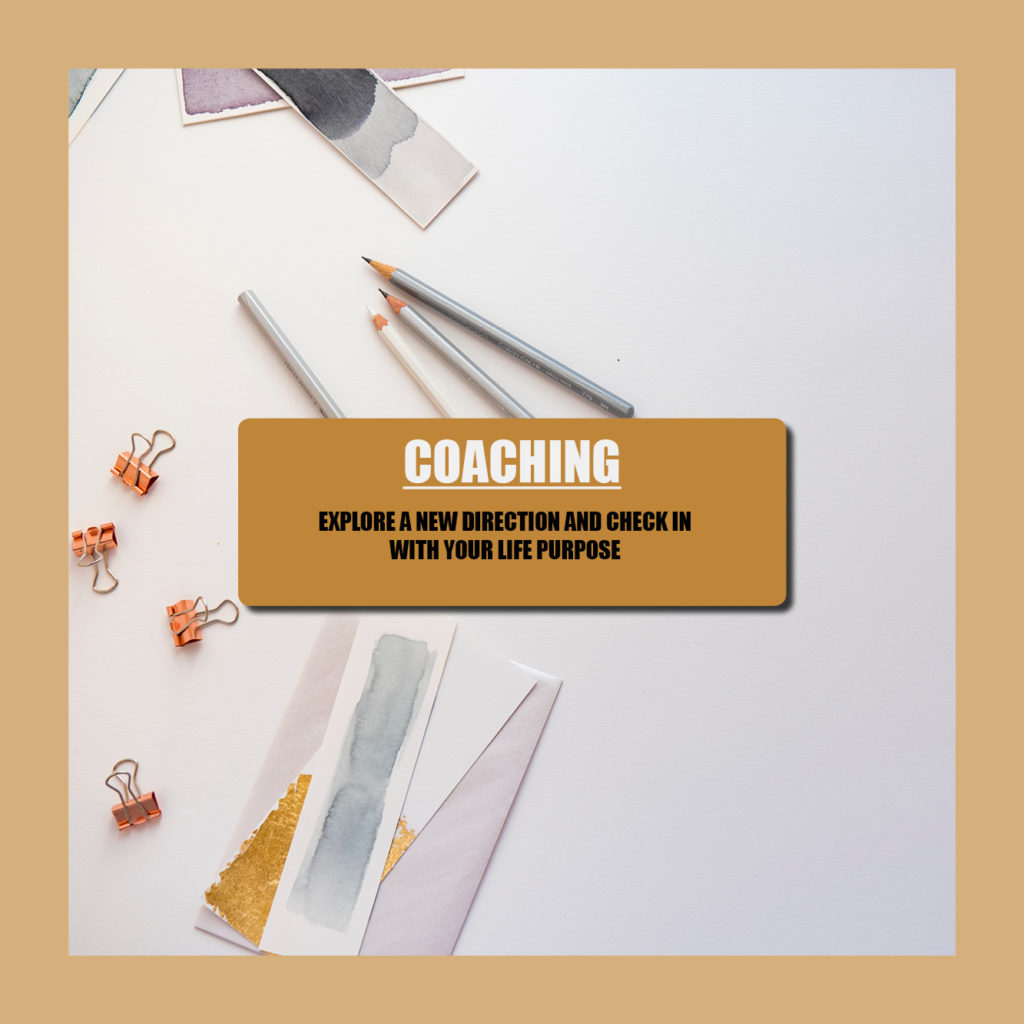
Why we need to learn how to say no
If we are honest to ourselves, saying YES is far more comfortable than saying NO to someone. In this blog post, I want to introduce you to the concept of saying NO, why we need to train this as a muscle, why it is especially essential for expats, and how saying NO can improve your personal quest for happiness.
Why we shy away from saying NO
As humans, we tend to struggle with saying NO to requests from others, and it seems like we never really learned how to do so. However, it is quite essential to find the right balance of social egoism to support our families, friends, and colleagues. Let’s dive right into it in see why I say it is important in the first place: In my experience, there is a misconception of being egoistic. There is a clear difference between being an egocentric person who is using others to improve their own situation and a socially egoistic person who understood that he or she has to stay true to herself to be helpful and supportive to others. It’s similar to the safety instruction in airplanes, where adults are advised to put on the oxygen mask first before helping others. We need a strong foundation of self-confidence to be resilient and resourceful. The moment we start to say Yes to something that is against our own core values, we are cheating on our self-esteem. The lower our self-esteem gets, the weaker we get in defending what feels good to ourselves, basically cheating on our very own goals for life.

Why this concept is vital for expats
I find the idea of saying NO extremely important to expats and the partners joining the international assignment. Our own voice that speaks for our very own interests can be very soft, while the voices of the husband, wife, children, boss, and colleagues can be very loud, overshadowing our individual needs. At the same time, expats are often put in front of big decisions such as moving countries, changing school systems, adapting to a new culture. We are holding on to become flexible in our viewpoints. Coaches like me tell us to step into a growth mindset taking on new challenges with a smile rather than resentment. The company is expecting a quick yes to the assignment, often letting you figure out all the details attached later on. Your husband might want you to join in with excitement about this potential promotion rather than hesitation, and your kids remind you about their own vital needs constantly consuming you as a mother. In those turbulent times, it can be very tempting to say YES right away. Saying yes to the assignment showing the world how forward-thinking and easy-going you are. Saying YES to quit your job as you are confident, there will be something along the way waiting for you. Saying YES to moving rather sooner than later because it just seems necessary.
Should I move or should I stay?
This is the exact moment where it is important that we have trained our muscle to say NO when it is required. Saying yes is way easier than saying No as it is socially acceptable. We fear that we seem heartless and egoistic if we are not on board right away. We tend to urge for the acknowledgment we get from others when saying yes, and we fear the potential conflict that could arise when saying No to something.
However, a YES to an essential decision such as international assignments is only valuable when we really mean it. Thus we need to be selfish for a second, really focusing on us as a person first before thinking of all the people around us. Take your mind back to the airplane situation and put on your oxygen mask first to allow yourself to think. A firm YES based on your reflection and honest review of options is far more worthy than a rushed YES without being aware of the consequences.
My colleague Katia Vlachos has written a fabulous book called „A great move“ where she prepares potential expats for the international assignment. In great detail, she is stressing how important it is to reflect as a person, as a couple, and as a family before taking on the assignment lighthearted. Don’t say yes because you think it is expected of you – say yes because you mean it and you are excited about it. Otherwise, a week YES might lead to frustration, marriage struggles, and potentially to a colossal identity struggle.
Also, keep in mind that moving abroad brings along an enormous learning curve. Hence it is absolutely ok to reassess your YES from time to time. Check in with your partner – is he or she still on board? Does the yes still feel right? Most of the time, the answer will stay yes, but it is a great relief to know that changing your mind is absolutely an option and always up for discussion.

Train saying NO in your daily life
If you are struggling with saying NO to others, try to use day-to-day situations to train this muscle. Prioritizing ourselves gets easier when we learn to do so in our daily lives. A personal example of mine:
In some supermarkets in the US, you get a tiny discount for bringing along your own bag. The cashier often asks whether the customer wants to donate the 7 cents to a community project. In the beginning, I never wanted to say no as it might seem egoistic, and I also want to support the local community. However, saying NO from time to time to this helped me to understand that nothing happens when you do not fear the conflict. There is no allegation in the face of the other, no further discussion but a simple „alright.“
We come across many small daily situations like these that allow us to strengthen our muscle of saying NO without hurting someone else or creating a huge conflict. Use those situations and reflect on how it feels!
When the time comes, and you are thinking about making a move, I hope you say YES. However, it has to be a well-intended, strong YES to make it work and to enjoy this exciting time. When in doubt, be generous to yourself. Allow yourself to take the time to reflect and always keep the NO as a vital response if necessary. Not every country might suit you, and not every moment in life seems right for it.
I hope you found this post helpful in your personal preparation! Let me know in the comments below or send me a direct message to info@sharethelove.blog. If you do not want to miss out on future posts, follow me on social media (Instagram, LinkedIn, Facebook) or sign-up for the Share-the-Love Newsletter and get access to a vast number of free expat related resources.
Thanks for sharing the love and stopping by











